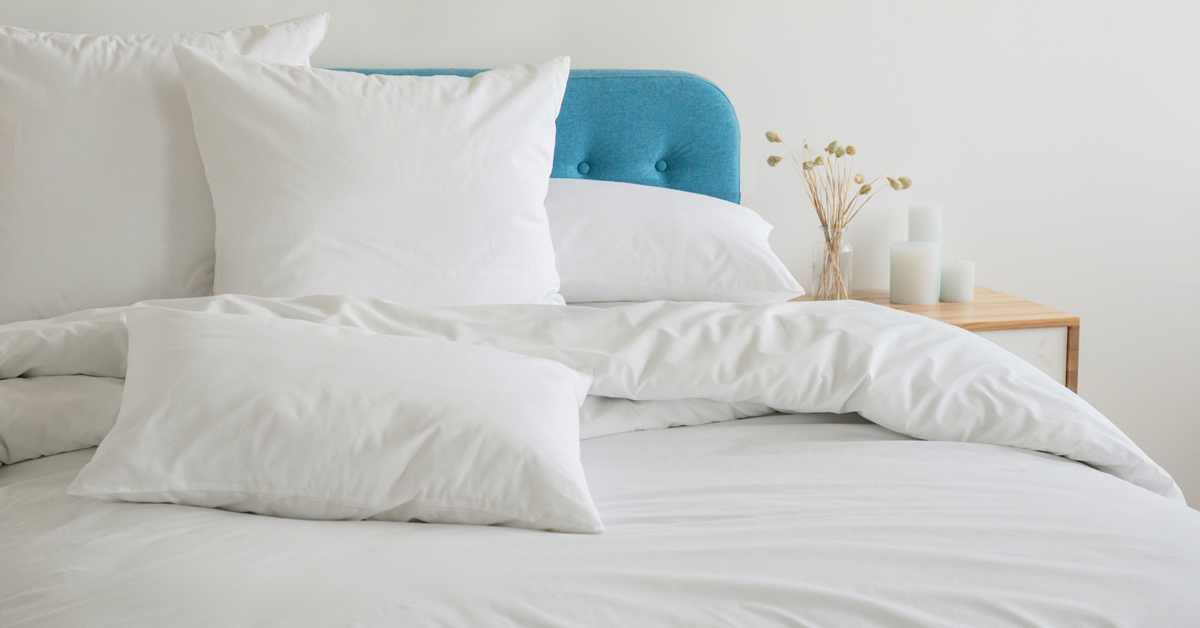When checking into a hotel, the last thing any traveler wants to encounter is an unwanted guest, especially if it's of the creepy-crawly variety. Knowing what are the signs of pests in hotel rooms can save you from a nightmarish stay. Recognizing these signs early can help you avoid discomfort and potential health issues. Let's dive into some telltale signs that might indicate pest presence in your room.

1. Unpleasant Odors: A Smelly Sign of Pests
One of the most immediate signs of pests is a distinct, often unpleasant odor. Bed bugs, for example, emit a musty, sweet smell, while rodents might leave a scent similar to ammonia. If you notice any unusual odors upon entering your hotel room, it might be a sign to inspect further.
How Smells Can Indicate Different Pests
Each pest comes with its own scent. Understanding these can help you identify the problem. Cockroaches, for example, have an oily odor, while mice might leave a musky scent. For more information on handling specific pest problems like mouse issues in accommodations, check out this resource.
2. Visible Droppings: An Unpleasant Discovery
Spotting droppings is a clear indication of pest activity. Rodent droppings are small, dark, and pellet-like, while cockroach droppings look like coffee grounds or black pepper. Bed bug droppings, on the other hand, appear as small reddish-brown spots on the sheets or mattress.
Droppings and Their Locations
Finding droppings in corners, along baseboards, or under the bed indicates active pest behavior. These are areas where pests typically travel and hide. For more insights into dealing with pests in hotel settings, consider this guide on monitoring mice in hotels.
3. Bites and Skin Irritations: A Personal Alert
If you wake up with unexplained bites or skin irritations, bed bugs might be the culprits. These bites are often itchy, red, and clustered together. If you suspect bed bugs, inspect the bed for small blood spots or the bugs themselves, which are small, brown, and oval-shaped.
Protecting Yourself from Bed Bugs
It's essential to check the mattress seams, headboards, and any upholstered furniture. Early detection can prevent a full-blown infestation. For preventive measures, this article on early bed bug detection can be very helpful.
4. Strange Noises: The Sounds of Scuttling
Pests are not always visible, but they can be heard. Scratching, scuttling, or squeaking noises, especially at night, could indicate rodents or other pests. Listening carefully and identifying the source can help you determine the type of pest you're dealing with.
The Importance of Noise Detection
Rodents are nocturnal and more active at night, so keep an ear out for any unusual sounds. Understanding hotel pest control solutions can provide further insights into managing these pests.
5. Holes and Gnaw Marks: Evidence of Rodent Activity
Rodents, such as mice and rats, often leave gnaw marks on furniture, wires, and walls. They might also create small holes as entry points. If you notice gnaw marks or unexplained holes, it's time to alert hotel management.
Why Gnaw Marks Matter
Gnaw marks are not just unsightly; they can also be hazardous, especially if electrical wiring is damaged. To learn more about non-chemical pest control methods in such scenarios, check this resource on controlling rodents.
6. Nests and Webs: Home Sweet Home for Pests
Spiders, rodents, and even some insects build nests or webs within hotel rooms. These are often found in secluded areas such as behind furniture or inside closet corners. Spotting a nest or web is a sign that pests have been around for a while.
Understanding Nesting Habits
Pests choose quiet, undisturbed areas to build their nests. Regular cleaning and maintenance can help prevent these from forming. For more on pest management in hotels, this article on pest control is a valuable resource.
Conclusion: Be Vigilant and Proactive
Staying informed about what are the signs of pests in hotel rooms helps ensure a safe and comfortable stay. If you notice any of these signs, report them to hotel management immediately. Being proactive can prevent your trip from turning into a pest-infested nightmare.

FAQ Section
1. How can I prevent pests in my hotel room?
Inspect the room upon arrival, keep food sealed, and report any signs of pests to hotel staff immediately.
2. Are all pests in hotel rooms dangerous?
While not all pests are dangerous, some can carry diseases or cause allergic reactions. It's always best to avoid contact.
3. What should I do if I find pests in my hotel room?
Notify hotel management right away to address the issue and possibly request a room change.
